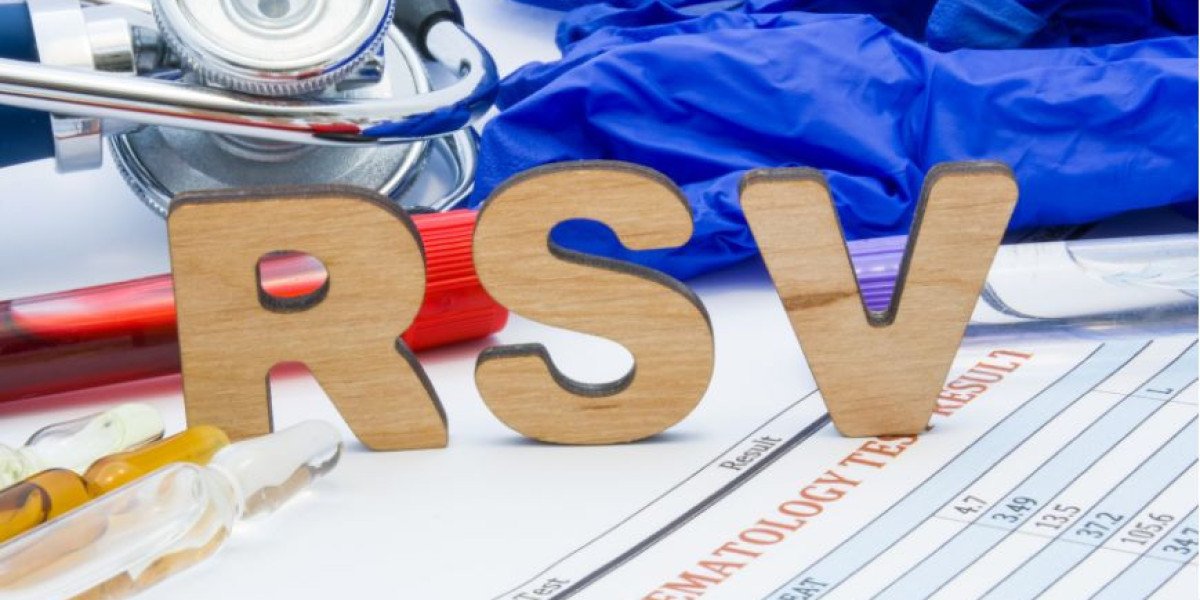The RSV Diagnostics Market has emerged as a critical area within the global healthcare landscape, addressing the growing need for accurate and timely detection of respiratory syncytial virus (RSV) infections. As RSV continues to affect millions worldwide, particularly infants, older adults, and immunocompromised individuals, the importance of reliable diagnostic solutions has never been greater. The market plays a pivotal role in supporting public health initiatives, clinical decision-making, and hospital management, offering tools that enhance disease control and improve patient outcomes.
Market Definition
The RSV Diagnostics Market refers to the range of technologies, products, and methods developed to identify and confirm infections caused by the respiratory syncytial virus. RSV is a common viral pathogen responsible for respiratory illnesses such as bronchiolitis and pneumonia, particularly in vulnerable populations. Diagnostic solutions within this market include rapid antigen detection tests, molecular assays such as polymerase chain reaction (PCR), enzyme-linked immunosorbent assays (ELISA), and immunofluorescence techniques.
Each diagnostic method serves a distinct purpose — from quick, point-of-care detection to high-precision molecular testing in laboratory settings. The evolution of RSV diagnostics has been fueled by advancements in molecular biology, bioinformatics, and automation, which have significantly improved test accuracy, sensitivity, and speed. The market also encompasses innovations like multiplex assays capable of detecting multiple respiratory pathogens simultaneously, a major advantage during overlapping viral seasons.
Value & Benefits
The RSV Diagnostics Market provides immense value to healthcare systems by enabling early and precise detection of infections, which is vital for effective disease management. One of the key benefits of advanced RSV diagnostic tools is the ability to distinguish RSV from other respiratory illnesses with similar symptoms, such as influenza or COVID-19. This differentiation ensures appropriate treatment decisions, reduces unnecessary antibiotic prescriptions, and minimizes hospitalizations.
Accurate diagnostics also play a crucial role in controlling the spread of RSV within communities and healthcare facilities. By identifying cases early, infection prevention protocols can be implemented more effectively, protecting vulnerable groups. Moreover, timely diagnostics guide the use of antiviral therapies and immunoprophylaxis, particularly for high-risk patients. For healthcare providers and laboratories, modern diagnostic technologies reduce turnaround times and enhance workflow efficiency, contributing to better patient care and optimized resource utilization.
Relevance in Today’s World
Interest in the RSV Diagnostics Market has surged in recent years, driven by increased awareness of respiratory diseases and the global focus on strengthening infectious disease surveillance. The COVID-19 pandemic underscored the need for robust diagnostic infrastructure and accelerated the adoption of advanced molecular testing platforms, many of which are now being adapted for RSV detection.
Moreover, the seasonal recurrence of RSV infections places significant pressure on healthcare systems, especially during the winter months. Early and widespread testing has become an essential component of public health strategies aimed at reducing hospital admissions and preventing outbreaks. With growing concerns about pediatric and elderly health, governments, hospitals, and research organizations are investing heavily in diagnostic technologies that offer both speed and accuracy.
Real-World Impact
The practical applications of RSV diagnostics extend across clinical, laboratory, and research environments. In hospitals and clinics, rapid RSV tests are used for point-of-care screening, enabling immediate clinical intervention. In diagnostic laboratories, molecular assays provide detailed insights into viral load and strain variations, supporting both patient management and epidemiological tracking.
For pharmaceutical and biotechnology companies, RSV diagnostics serve as an essential tool in clinical trials, helping evaluate the efficacy of vaccines and antiviral drugs. Public health agencies rely on diagnostic data to monitor trends, predict seasonal surges, and allocate healthcare resources efficiently. Collectively, these applications underscore the transformative impact of the RSV Diagnostics Market on healthcare delivery and public health preparedness.
Looking Ahead
The future of the RSV Diagnostics Market is shaped by rapid innovation, multidisciplinary research, and a strong emphasis on accessibility. Emerging technologies, such as next-generation sequencing (NGS), biosensors, and AI-based diagnostic platforms, are expected to enhance detection precision and enable personalized approaches to respiratory care.
Additionally, the integration of digital health tools and remote diagnostic capabilities is set to expand testing beyond traditional healthcare settings, improving access in remote or underserved areas. Collaborations between diagnostics manufacturers, research institutions, and healthcare providers are fostering the development of cost-effective, scalable, and user-friendly testing solutions.
As global efforts to prevent and control RSV infections intensify, the demand for cutting-edge diagnostic technologies will continue to grow. Continuous research and innovation promise to make RSV testing faster, more accurate, and more accessible, ultimately contributing to stronger healthcare systems and healthier populations worldwide.








